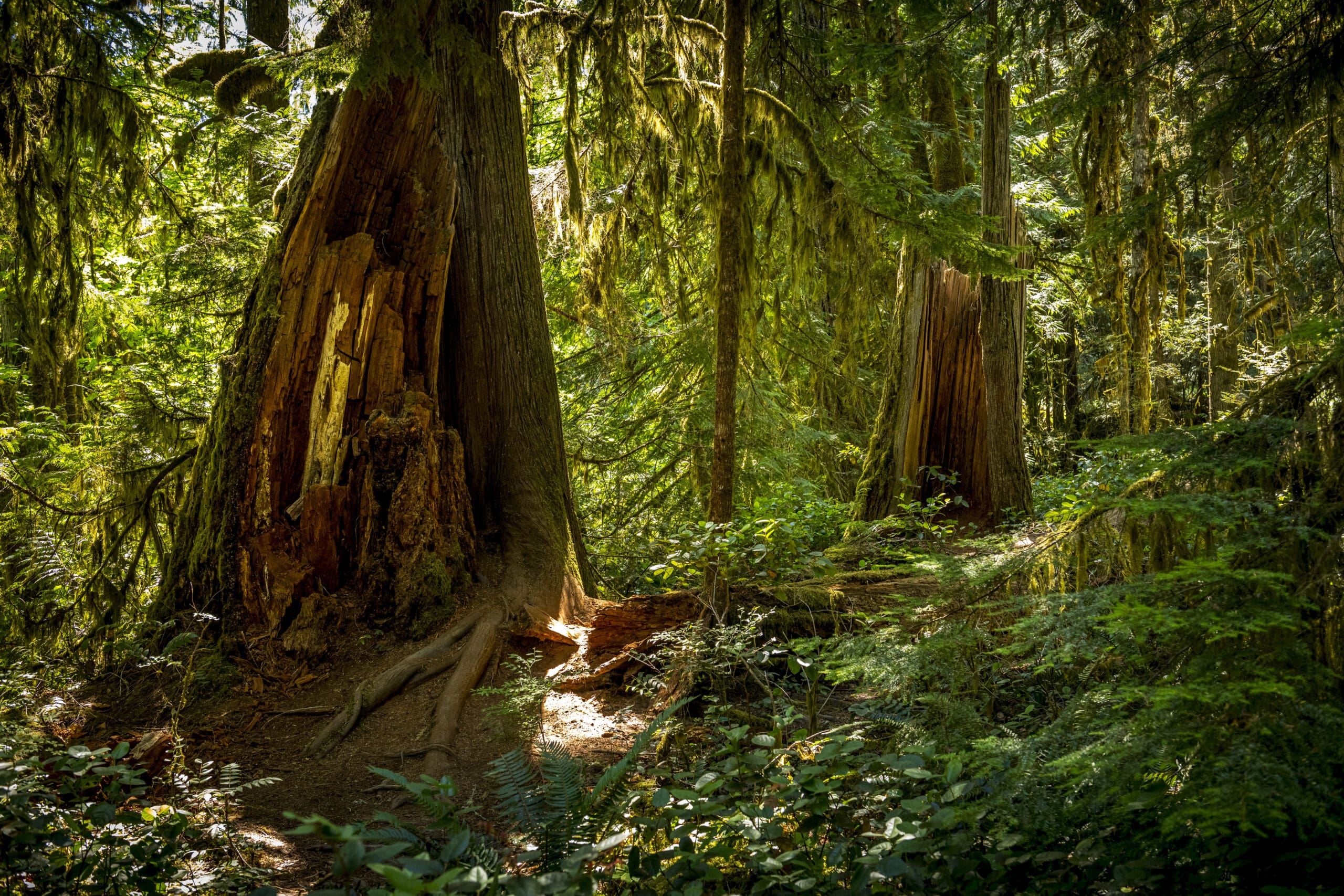Costs include thousands of potential jobs, sharply higher CO2 emissions: report
CLICK HERE TO VIEW THE FULL REPORT
(Vancouver) A new report on BC’s forest industry finds that startling numbers of usable logs are being left to rot or burn at logging sites, at a potential cost of thousands of forestry jobs and big increases in greenhouse gas emissions.
Shortchanged: Tallying the Legacy of Waste in BC’s Logging Industry, released today by the Canadian Centre for Policy Alternatives (CCPA), looks at usable wood and logs abandoned in each of BC’s 29 forest districts over the five years ending in 2008. The study finds that in the past five years alone, 17.5 million cubic metres of usable wood has been left behind at logging operations in BC, an amount that would fill a line of logging trucks lined bumper to bumper on the Trans Canada Highway from Vancouver to Halifax and almost all the way back again.
The policy brief stresses that the estimates are conservative, based on company reports to the provincial government. If the government conducted more rigorous audits, the amount would likely be much higher.
“By squandering this resource, we’re seriously shortchanging ourselves,” says resource policy analyst and report author Ben Parfitt. “If all that so-called ‘waste wood’ had been brought into mill towns and processed, I calculate that we could have generated another 2,400 jobs each year in this province’s forest industry.”
Another concern is the greenhouse gas implications of leaving massive amounts of wood behind. “A lot of that wood is later pushed into piles and burned and an enormous amount of CO2 is released into the atmosphere as a result,” says Parfitt.
“If you look at all the carbon stored in those abandoned trees and convert it to CO2, it translates to a 5% increase in BC’s greenhouse gas emissions. That’s got significant implications for our climate policy,” says Parfitt. “There is a myth that BC has cleaned up its act, environmentally speaking, from the bad old days of the 80s and 90s, but this research suggests otherwise.”
In addition to calling on the BC government to forcefully intervene to preserve BC’s public forest resources, the CCPA has brought forward a formal letter of complaint to the Forest Practices Board, asking it to reexamine auditing and reporting practices to ensure that the public is fully informed of the true extent of wood waste in the province.
“It’s vital from a public policy perspective that we bring so called ‘waste wood’ in from the bush rather than leaving it behind, or that we leave those trees standing for the future. Let’s turn it into the jobs that forest communities so desperately need,” concludes Parfitt.
– 30 –
For media inquiries, contact: media@policyalternatives.ca.


